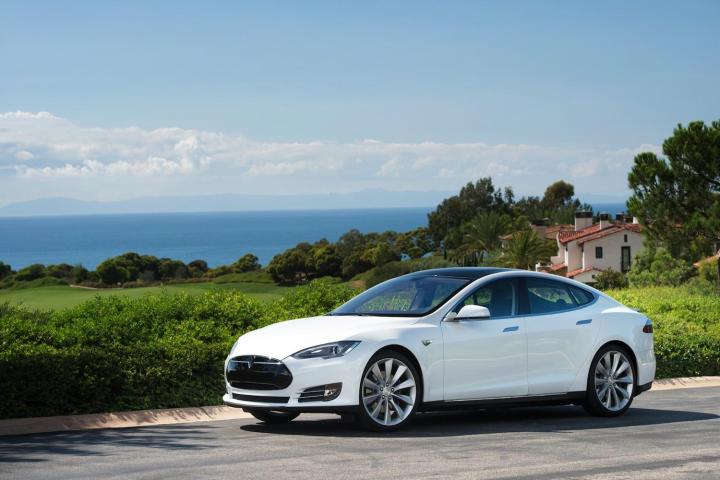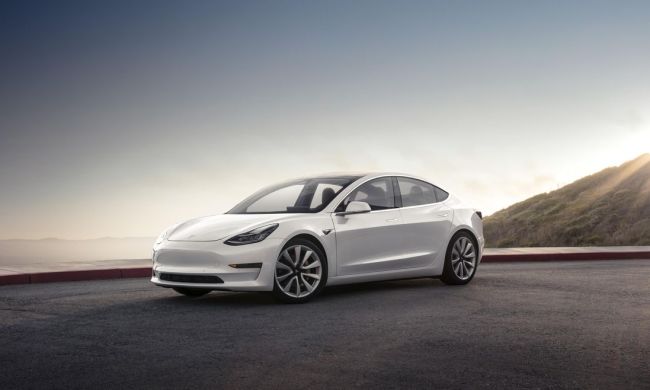
Tesla Motors isn’t unusual just because it sells electric cars, it’s also unusual because of the way it sells them.
The Silicon Valley carmaker eschews traditional franchised dealerships for Apple-like company-owned stores in malls and shopping centers, and that has made car-dealer associations in several states unhappy.
This has led to legal battles and outright bans of direct sales, but until now the Federal government hasn’t weighed in.
In a post on its blog Competition Matters, the Federal Trade Commission (FTC) declared its support for Tesla’s direct-sales model, likening it to other technological advances that have changed the way consumers shop.
“In this case and others, many state and local regulators have eliminated the direct purchasing option for consumers, by taking steps to protect existing middlemen from new competition,” authors Andy Gavil, Debbie Feinstein, and Marty Gaynor said, “We believe this is bad policy for a number of reasons.”
While this is just a statement of policy that does not constitute any legal changes, it clearly demonstrates the FTC’s position on this issue.
Gavil is director of the FTC’s Office of Policy Planning, Feinstein is director of the Bureau of Competition, and Gaynor is director of the Bureau of Economics.
These officials argue that laws originally designed to protect small, independent dealers from abuse at the hands of large, national car companies have become “protectionist,” serving no purpose other than to eliminate possible new forms of competition.
They also said concerns over dealer abuse do not justify “blanket prohibitions” of direct sales, noting that the FTC has opposed similar prohibitions of new or unorthodox business practices in industries as varied as wine sales, taxis, and health care.
For its part, Tesla has previously stated that its company-owned stores were born out of a need to educate consumers about electric cars.
In an October 2012 blog post, CEO Elon Musk claimed the electric car could not get a fair shot if it was sold through dealerships that already made money selling internal-combustion cars.
In addition to this “conflict of interest” Musk felt sales-focused franchised dealers wouldn’t be in a good position to explain the benefits of the radically-new Model S, because by the time most people go to a dealer, they’ve already decided what car they want to buy.
That’s why Musk put the Tesla Stores in shopping malls, where people can be reached before they make that decision.
Yet Tesla almost immediately fan afoul of franchise laws, which exist in some form in 48 states. Arizona, Colorado, Texas, and Virginia have banned the stores, while anti-Tesla legislation was defeated in Massachusetts, Minnesota, North Carolina, and New York.
Ohio car dealers also encouraged legislation that would ban Tesla Stores, while the administration of embattled New Jersey Governor Chris Christie recently changed the state’s dealer laws to effect a ban.


